|
|
General: ALIEN, EL OCTAVO PASAJERO, UNA PELICULA REVOLUCIONARIA
Elegir otro panel de mensajes |
|
|
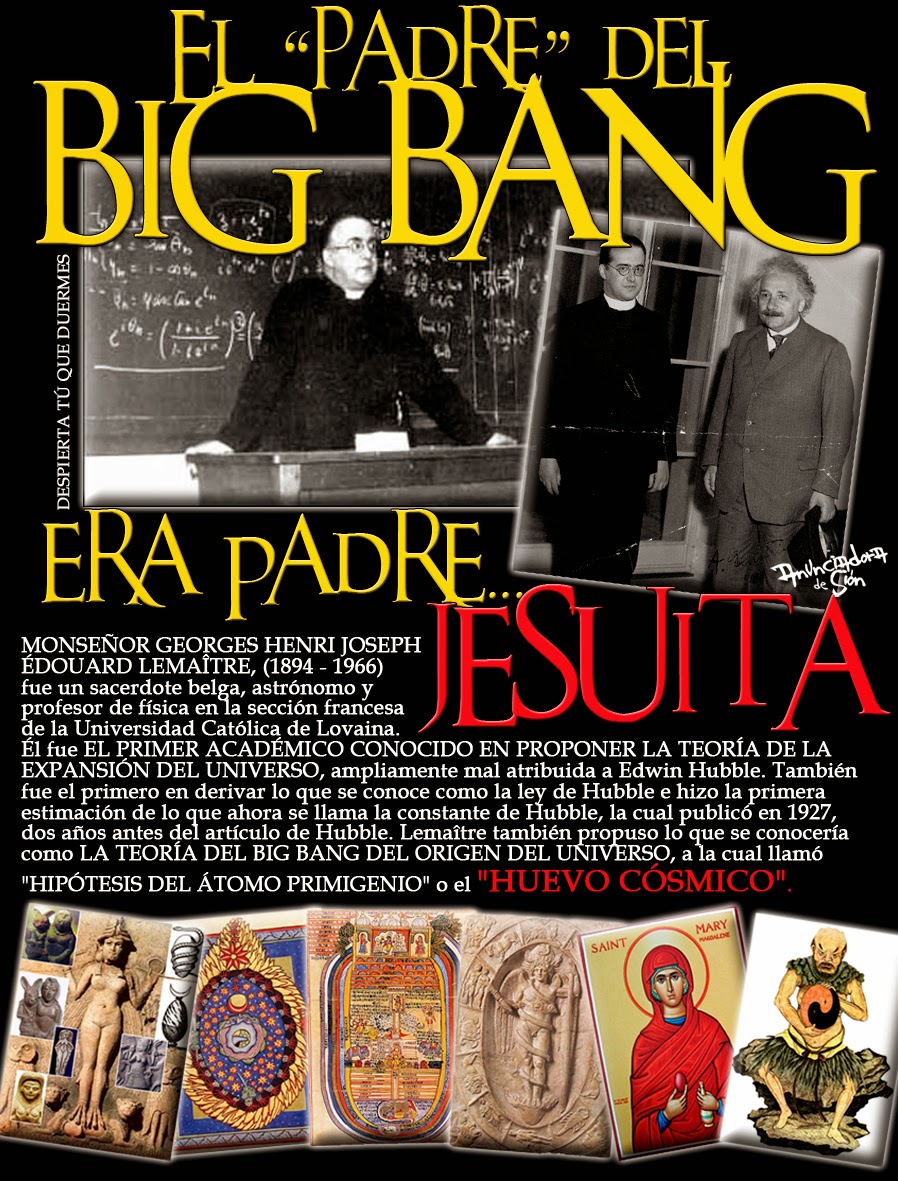 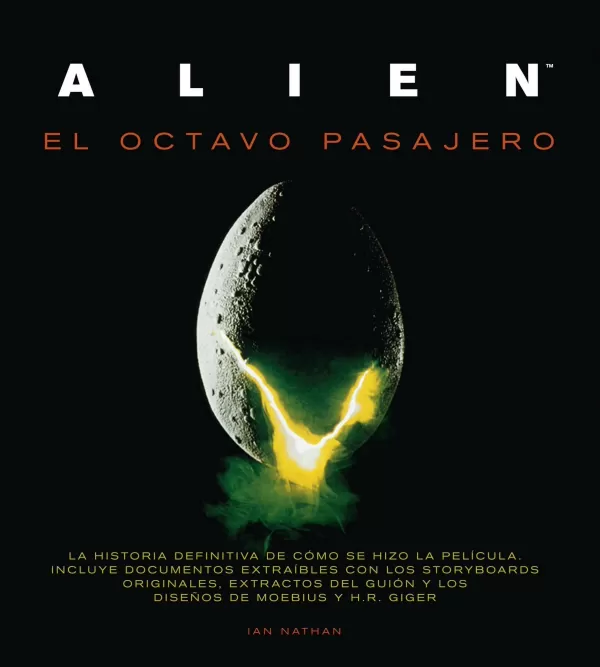



11 DE SEPTIEMBRE O SEPTIEMBRE 11
11/9 O 9/11
Sapientia Aedificavit Sibi Domum. Es decir, "la sabiduría ha edificado aquí su casa". Resulta curioso que la misma frase aparece en el Evangelio de María Magdalena, un texto apócrifo. Se dice que en el interior de esta iglesia y de otras muchas de Venecia está escondido el tesoro de los templarios. Pero no hay ninguna prueba de ello. Para terminar ya con esta entrada me gustaría que nos acercásemos un momento a uno de los edificios más emblemáticos de Venecia: el Palacio Ducal.

La Maddalena

La Maddalena

Tomb of Tommaso Temanza
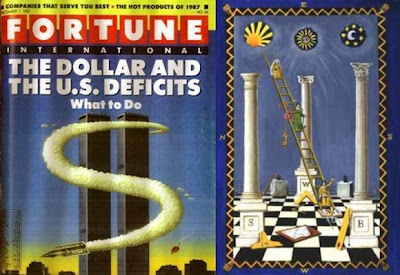
ISLA SAN GIORGIO (VENECIA)=GEORGE LEMAITRE
GEMATRIA EN INGLES DE SEED=33
GEMATRIA EN INGLES DE GATE=33
SARA (CE-SAREA DE FILIPO)=PARALELO 33
"¡Oh profundidad de las riquezas de la sabiduría (sophia)
y de la ciencia (gnwsiV, gnosis) de Dios!
¡Cuán incomprensibles son sus juicios, e inescrutables sus caminos!"
(Romanos, 11: 33).
25 DE ABRIL=DIA DE SAN MARCOS
22 DE JULIO=DIA DE MARIA LA MAGDALENA
 the Apple
| milky way in Simple Gematria Equals: 119 |
( |
m 13 |
i9 |
l 12 |
k 11 |
y 25 |
0 |
w 23 |
a1 |
y 25 |
) |
| queen mary in Simple Gematria Equals: 119 |
( |
q 17 |
u 21 |
e5 |
e5 |
n 14 |
0 |
m 13 |
a1 |
r 18 |
y 25 |
|
| hebrew calendar in Simple Gematria Equals: 119 |
( |
h8 |
e5 |
b2 |
r 18 |
e5 |
w 23 |
0 |
c3 |
a1 |
l 12 |
e5 |
n 14 |
d4 |
a1 |
r 18 |
| mary magdalene in Simple Gematria Equals: 119 |
( |
m 13 |
a1 |
r 18 |
y 25 |
0 |
m 13 |
a1 |
g7 |
d4 |
a1 |
l 12 |
e5 |
n 14 |
e5 |
|

|
|
|
|
|
|
EL MISMO DIA DEL EXPERIMENTO FILADELFIA, OSEA EL 28 DE OCTUBRE
|
|
|
|
|
En 1961, el “Papa Bueno” se encontró en Castel Gandolfo cara a cara con un ser que bajó de una nave y que “estaba rodeado de una luz dorada”.
El italiano Angelo Giuseppe Roncalli (1881-1963), mejor conocido como el Papa Juan XXIII, fue Sumo Pontífice entre los años 1958 y 1963. También llamado “Il Papa Buono” (“El Papa Bueno”), aparte de ser uno de los papas más carismáticos y queridos de la historia, tenía el don de la profecía, realizando en su juventud varias predicciones sobre los cambios políticos que se avecinaban en el mundo y que se cumplirían en los años venideros, como el inicio de la Segunda Guerra Mundial, el fin del imperio británico, el asesinato de los hermanos Kennedy y Mahatma Gandhi y el derrumbe del muro de Berlín, así como otros hechos que precederían a la segunda venida de Cristo y el fin del mundo (que, según el Papa Juan XXIII, debiera ocurrir el año 2033), con la consecuente restauración del «Reino de Dios en la Tierra».
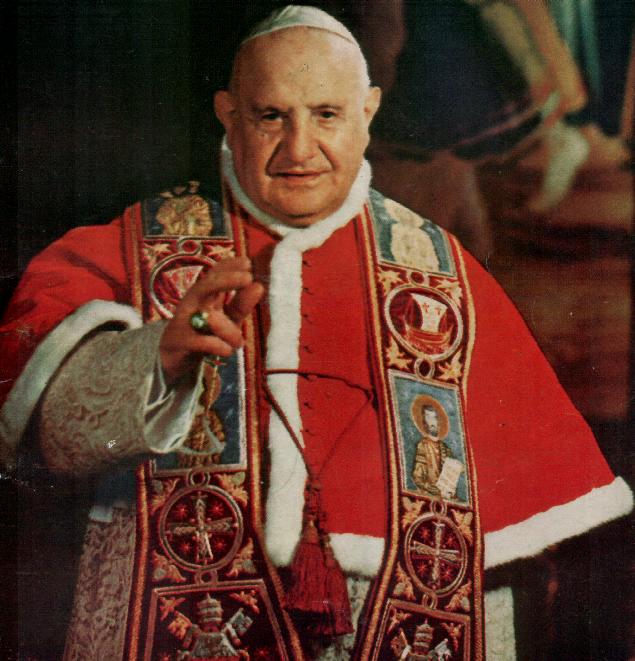
El Papa Juan XXIII, autor de las encíclicas “Mater et magistra” y “Pacem in teris”, fue un gran pensador y visionario, que trató de modificar algunas de las estructuras de poder que dominaban el aspecto político y económico de la Iglesia. Y uno de los sucesos más llamativos en su vida tuvo relación con un supuesto encuentro que el Sumo Pontífice habría tenido con un hombre que habría llegado desde el cielo, en una especie de nave voladora, lo que habría marcado la vida y concepción de Juan XXIII respecto a la cosmovisión del Universo y el hombre. Este suceso ocurrió en la localidad veraniega papal de Castel Gandolfo en 1961, y fue revelada por Loris Capovilla, el secretario personal y asistente papal de Juan XXIII, 20 años después de su muerte, a un semanario inglés.
El relato que hizo este asistente papal (quien sería nombrado Cardenal en 2014 por el Papa Francisco) fue el siguiente:
“El Papa y yo estábamos caminando a través del jardín, una noche del mes de julio de 1961, cuando observamos sobre nuestras cabezas una nave muy luminosa. Era de forma oval y tenía luces intermitentes, de un color azul y ámbar. La nave pareció volar sobre nuestras cabezas por unos minutos, para luego aterrizar sobre el césped, en el lado sur del jardín. Un extraño ser salió de la nave: tenía forma humana, a excepción de que su cuerpo estaba rodeado de una luz dorada y tenía orejas más alargadas que las nuestras. Su Santidad y yo nos arrodillamos. No sabíamos lo que estábamos viendo, pero supimos que lo que fuese no era de este mundo; por lo tanto debía ser un acontecimiento celestial.
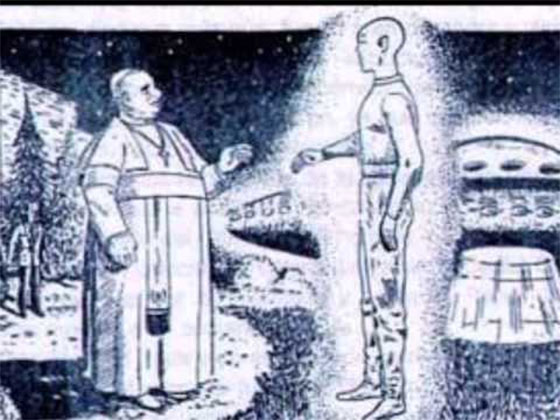
Rezamos y cuando levantamos nuestras cabezas, el ser todavía estaba allí. Esto nos comprobó que no era una visión lo que veíamos. El Santo Padre se levantó y caminó hacia el ser. Los dos estuvieron alrededor de 20 minutos uno frente al otro; se los veía gesticular como si hablaran, pero no se sentían sonidos de voces. Ellos no me llamaron, por lo que permanecí donde estaba y no pude oír nada de lo que hablaron.
Luego, el ser se dio la vuelta y caminó hacia su nave y enseguida se elevó. Su Santidad dio media vuelta hacia mi y me dijo: “Los hijos de Dios están en todas partes; aunque algunas veces tenemos dificultades en reconocer a nuestros propios hermanos”.
Después que el ser extraterrestre retornó a su nave y despegó, el Papa y yo continuamos nuestro paseo como si nada hubiese pasado».
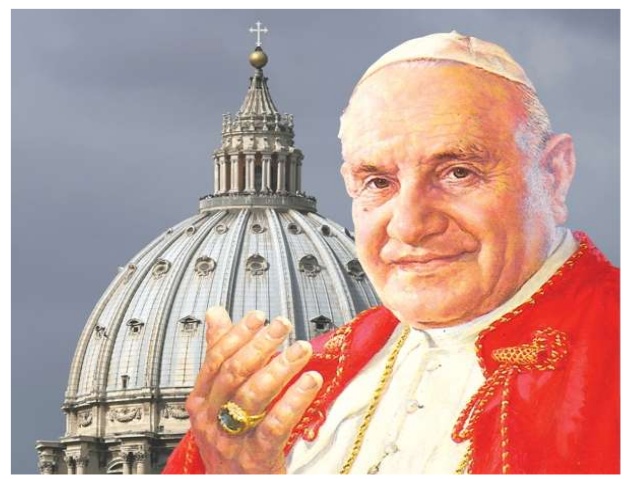
Según relató su secretario personal, Juan XXIII nunca quiso contarle lo que había hablado con el extraño visitante que bajó del cielo en ese lejano día del verano europeo de 1961.
Esta, por cierto, no fue la única mención que personeros relacionados con la Iglesia Católica han hecho con respecto a la posibilidad de la existencia de vida inteligente más allá de nuestro planeta. En el año 2008, el director del Observatorio del Vaticano, José Gabriel Funes, afirmó en una entrevista para el periódico italiano L’Observatorie Romano que “Dios pudo haber creado vida inteligente en otras parte del Universo e incluso podría tratarse de nuestros hermanos”, una declaración que en cuestión de minutos dio la vuelta al mundo.
https://www.guioteca.com/fenomenos-paranormales/el-supuesto-encuentro-del-papa-juan-xxiii-con-un-hombre-venido-del-cielo/ |
|
|
|
|
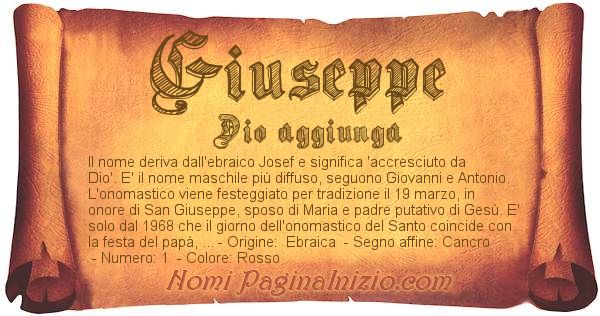
EL MISMO DIA DEL EXPERIMENTO FILADELFIA, OSEA EL 28 DE OCTUBRE
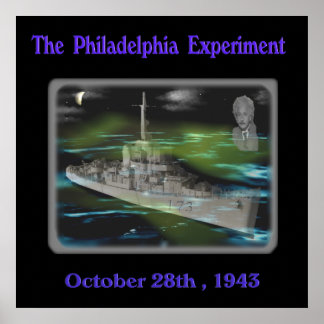
EL PAPA JUAN XXIII, EL PAPA DE VENECIA, TAMBIEN FUE ELEGIDO UN 28 DE OCTUBRE. ¿PORQUE ES EN LA CARTA DE JUDAS TADEO, CUYO DIA ES EL MISMO 28 DE OCTUBRE ADONDE SE HACE REFERENCIA AL LIBRO DE ENOC?
- 1938: en el marco de la Guerra Civil Española, las Brigadas Internacionales se marchan de España.
- 1940: inicio de la Guerra Greco-Italiana con la entrada de Grecia en la Segunda Guerra Mundial.
- 1943: en el puerto de Filadelfia ―de acuerdo con un bulo creado en 1955 por el ufólogo estadounidense Morris K. Jessup (1900-1959)―, en esta fecha supuestamente se realizó la operación militar deteletransportación «Experimento Filadelfia».
- 1944: en La Coruña (España), se inaugura el Estadio Municipal de Riazor.
- 1956: en España se inauguran los servicios de Televisión Española, que al día siguiente comenzó a emitir sus programas de manera regular.
- 1958: en la Ciudad del Vaticano, el cardenal Ángelo Giuseppe Roncalli es elegido papa, y adopta el nombre de Juan XXIII. (NEXO CON EL CASTILLO SAN ANGELO, LA CLAVE DE LA TRASLACION EN EL TIEMPO EN EL VATICANO)
- 1958: a 256 metros bajo tierra, en el área U12b.04 del Sitio de pruebas atómicas de Nevada (a unos 100 km al noroeste de la ciudad de Las Vegas), a las 16:00 (hora local) Estados Unidos detona su bomba atómica Evans, de 0,055 kilotones. Es la bomba n.º 189 de las 1132 que Estados Unidos detonó entre 1945 y 1992.
- 1958: En Suecia, Boris Pasternak obtiene el Premio Nobel de Literatura.
- 1958: la Unión Soviética le concede a Argentina un crédito (equivalente a 100 millones de dólares de aquella época, que equivalen a 835 millones de 2016)[2] para la compra de equipos petroleros soviéticos, a una tasa de interés del 2,5 % anual.
- 2005: en Venezuela, el presidente Hugo Chávez declara al país «territorio libre de analfabetismo».
- 2005: México se convierte en el centésimo país que ratifica el estatuto de la Corte Penal Internacional.
- 2007: Cristina Fernández se convierte en la primera mujer electa presidenta deArgentina. En 1974, María Estela Martínezhabía sido electa vicepresidenta, y se convirtió en presidenta tras la muerte del presidente Perón.
- 2007: en la Ciudad del Vaticano, el papa Benedicto XVI beatifica a los religiosos españoles de la Guerra Civil Española.
https://es.wikipedia.org/wiki/28_de_octubre
|
|
|
|
|
|
|
|
|
|
|
23 jul. 2017 - In the summer of 1961 Pope John XXIII had a close encounter with an alien being. ... One evening in July 1961 at the summer residence of the Pope in ... The UFO had a round shape and carried blue and amber lights.
27 abr. 2014 - Capovilla era asistente y secretario personal de Juan XXIII, cuando una noche de julio de 1961, cuando transitaban por los jardines de la ...
Falta(n): JULY
27 sept. 2014 - Pope John XXIII met an alien before his death in 1961. Angelo Roncalli ... One afternoon in July 1961, when it happened. "They had over our ...
S. Ioannes PP. XXIII. Angelo Giuseppe Roncalli. 28.X.1958. -. 3.VI.1963. Juan XXIII · Angelus · Audiencias · Constituciones Apostólicas · 1958 · 1959 · 1960 ...
Falta(n): OVNI JULY
22 may. 2014 - 20 publicaciones - 3 autores
The incident happened in July 1961 when John XXIII, also called the .... And the alien/UFO business, what does Our Lord say, look at the fruit.
In this site, find aliens in the past,ufo sightings ,pictures,videos,ooparts, in ancient Egypt, the secretum Omega, ... One afternoon in July 1961, when it happened.
|
|
|
|
|
|
4. SCALA CONTARINI DEL BOVOLO: 45.434838, 12.334694
Ya aviso que no es nada fácil de encontrar, de hecho, es uno de esos rincones que pasan totalmente desapercibidos a menos que sepas de su existencia. Normalmente, todos los palacios tienen dos entradas, una principal que da hacia el Gran Canal y que es más espectacular, y otra secundaria que era usada por el servicio. Pues bien, este es de los pocos palacios en los que su entrada secundaria es casi más bonita que la principal, todo gracias a una maravillosa escalera de Caracol que hace las delicias de los descubridores viandantes (Bovolo significa Caracol).
Cerca de este Palacio se encuentra el famoso teatro de La Fenice, donde han sonado las Óperas italianas más importantes de la historia.
|
|
|
|
|
|
SCALA CONTARINI DEL BOVOLO
Escondida en un laberinto de calles y canales, a pocos pasos de Campo Manin, en uno de los principales itinerarios turísticos venecianos, surge una joya arquitectónica caracterizada de un estilo entre renacimental (por la utilización de algunos elementos), gótica (por la técnica de costrucción) y veneto-bizantina (por la forma): la Scala Contarini del Bovolo.
La escalera a espiral más importante y prestigiosa de Venecia, fue encargada su realización por Pietro Contarini a finales del 1400, con el objetivo de decorar la fachada del colindante Palazzo San Paternian de propiedad de la ilustre familia veneciana.
La realización de esta ópera, no tenía al inicio un verdadero motivo funcional, consistía simplemente en un acto de prestigio, se buscaba únicamente aumentar la popularidad y prestigio del clan familiar.
La creación de la escalera ha tenido una resonancia tan fuerte que llevó a la ciudadanía a dar un nombre característico a la familia, como “Contarini del Bovolo” (por la forma particular de la escalera a forma de caparazón de caracol, que en veneciano se dice “bovolo”).
El pórtico en el segundo piso de la Scala del Bovolo conduce a una sala prestigiosa del Palazzo Contarini (Sala del Tintoretto) en donde se encuentran expuestas las obras provenientes de la colección de arte del IRE, que está constituída de pinturas, esculturas y objetos de un significado importante de época veneciana con los más ilustres protagonistas del panorama artístico veneciano del 1500 al 1700.
Cerrado:
1 de Enero, 15 agosto, 1 noviembre, 25 y 26 diciembre.
Cierre extraordinario: 9 abril de las 10:00 a las 12,30
La ventanilla cierra 30 minutos antes de que cierre el museo.
Precios
- 7€ Entero
- 6€ Reducido: Menores de 26 años, Mayores de 65, Socios FAI
Gratuito:
- Menores hasta12 años
- Guías Turísticas autorizadas
- Residentes en Venecia (con documento de reconocimiento y residencia)
- Dependientes IRE y Fundación Venecia Servicios a la Persona
Las entradas gratuitas deben ser adquiridas en la ventanilla. No se pueden reservar. Reservación obligatoria para grupos de más de 10 personas.
https://www.todayinvenice.com/es/exposiciones-y-museos/museos/scala-contarini-del-bovolo/502/2018-06-27 |
|
|
|
|
|
|
|
1. Génesis 28:12 Y soñó: y he aquí una ESCALERA que estaba apoyada en tierra, y su extremo tocaba en el cielo; y he aquí ángeles de Dios que subían y descendían por ella.
2. 1 Reyes 6:8 La puerta del aposento de en medio estaba al lado derecho de la casa; y se subía por una ESCALERA de caracol al de en medio, y del aposento de en medio al tercero.
3. Ezequiel 41:7 Y había mayor anchura en las cámaras de más arriba; la ESCALERA de caracol de la casa subía muy alto alrededor por dentro de la casa; por tanto, la casa tenía más anchura arriba. Del piso inferior se podía subir al de en medio, y de éste al superior.
| Reply |
Message 89 of 90 on the subject |
|
|
|
|
| Reply |
Message 90 of 90 on the subject |
|
|
|
|
|
|
|
|
|
|
|
“The most effective way to destroy people is to deny and obliterate their own understanding of their history.”
---- George Orwell
My own reproduction of the Templar relics in the form of a female silver head containing a couple of skull bones of a small woman with the word Caput LVIII M.
Templar Foundations
A Templar ship
Brass Plate
Magdalene Vault
During my past life regression along with my spiritual portrait, my research on Mary Magdalene and my conversations with various mediums and historians there is one group of people who keep cropping up time and time again, The Knights Templar.
The Templars were founded around the year 1118 as an order of fighting monks whose job was to protect the pilgrims visiting the Holy land. It must be noted here however that no evidence has suggested the Templars actually carried out this particular task. Moreover, there have been suggestions their actual task was for something else like excavation work. It’s also important to note that the order began with only nine members for the first nine or so years which would have made it very difficult to cover all pilgrim routes to the Holy land.
By 1127 the Templars had established themselves in Western Europe with countries including Portugal, France, England and Scotland. The church had even officially recognized them as a religious order dedicated to the defence of Christendom. Further down the line in 1139, a papal bull was issued that the Templars would owe allegiance to the pope only, making them immune to political and religious authorities.
Sophia
Old antique Templar pendant
Magdalene Vault
However during the latter part of the 12th century the Templars were facing serious problems. The Templars enormous wealth and influence which had built up over a number of years brought them into growing opposition to the Church and worldly monarchs. The Knights Templar were accused of many heinous crimes including denial of an immortal Christ, ritual murders and of worshipping a bearded head called Baphomet to name but a few.
It all came to a head in 1307 on Friday, October 13th, Jacques de Molay, Grand Master of the Templars and sixty of his Knights were imprisoned in Paris. In 1312 the pope officially dissolved the Knights Templar Order and then in 1314, after Jacques de Molay was burned alive, it seemed that the Knights Templar had ceased to exist, yet the Order continued in other countries under various names.
The Templars venerated Mary Magdalene and to them she represented Sophia, the female side of god. The word Sophia means “wisdom” and many people believe Sophia came to earth in the body of Mary Magdalene herself. During the Templars inquisition, one accusation amongst many was the worshipping of a goat head called “Baphomet”. It was not apparent why the Templars would worship such a thing until you apply something called the Atbash Cipher. This code was used as early as 500BC and was found to be used in some of the Dead Sea scrolls. When applied to the name Baphomet we get the name Sophia!
Relic and Cathars
Antique engravings from an old french book showing scenes from the Cathar crusade at Montseguer & the massacre at Beziers.
Magdalene Vault
Whilst on the subjects of heads, the Templars also had in their possession an interesting relic in the form of a female silver head containing a couple of skull bones of a small woman. It also came with a label on which read the following; Caput LVIII M (Head 58M). At first glance the message is a just a random few numbers and a letter but when you add five with eight you get thirteen. The letter M is the thirteen letter of the alphabet and together with the other M we have a double hit. Could this female relic have been the bones of Mary Magdalene? It is also noteworthy that the bones themselves were wrapped in a red cloth, the colour most associated with Mary Magdalene.
With the worship of Sophia through the disguise of Baphomet along with the 58M female headed relic we can possibly assume that the Templars regarded the importance of Sophia and acknowledge her human existence in the form of Mary Magdalene. It would not be the first time that both Sophia and Mary Magdalene have had a connection. In one Gnostic Gospel called The Pisits Sophia, Mary Magdalene plays a central role. It contains 46 questions in the dialogues of which 31 are asked by Mary Magdalene herself.
The Templars also had a connection with the Cathars, a Christian dualist or Gnostic movement which arrived in France around the 12th century. Like the Templars, they held Mary Magdalene in very high esteem calling her the femine aspect of the divine and recognised her equal status with Jesus. It is also known that at least one of the nine founders of the Templars was a Cathar. The 4th grand master of the Templars, Bertrand de Blanchefort was from a Cathar family.
Cathar Templar connection
Old St Mary Magdalene Relic
The Magdalene Museum
Another question which arises is why this particular area in the south of France is the focal point for both the Cathars and Templars. Could it be argued that the Magdalene arrival in France after the crucifixion set the motion of the events that followed? It is most likely that the Cathars had in their possession Gnostic Texts amongst their many other documents and may have had knowledge of the Magdalene voyage itself.
I strongly believe that the Templars were set up or influenced by the Cathars themselves with the objective to befriend the Church and gaining their trust, a kind of double agents type. One of the nine founding members, Hugues de Pagens, had ties with many Cathar people and possibly had been a Cathar himself. Indeed his genealogy points to Cathar heartland and another member, Godfrey de Saint-Omer appears to have been a relative of his. Their mission to protect the pilgrims from the holyland had simply been a “smoke screen” for their main intentions and activites.
Being just a normal Cathar would simply have got them nowhere, even before the Templar establishment they were already being hounded out including the burning at the stakes of Cathars in Orleans in 1022. They already had in their possession gospels and documents of Gnostic nature and more than likely had the Magdalene relics too. There was far more to be discovered in the Holyland which they could attain and keep. Also the Cathars knew the church at one point would come down hard on them, it was just a matter of time. What the Cathars needed was an army of knights to gain entry into the holyland and then to guard their sacred documents, relics and even their own beliefs and history.
Genocide
Templar Postcard, Temple London
Magdalene Vault
In 1208 began a series of wars known as the Cathar crusade which was organised and directed by the Catholic Church on the orders of Pope Innocent lll. From the first seize in Beziers on July 22nd 1209 (St Mary Magdalene’s feast day), to the last Cathar foothold at the Chateau of Montsegur, the Cathars were hounded out, burned at the stake and slaughtered in what many people call the first genocide of Europe.
During the crusades against the Cathars, the Templars had no choice but to remain neutral. If they sided with the Catholic Church then they would be fighting against their own people, against similar beliefs and even possibly their own families. On the other hand if they sided with the Cathars then it would put the order at risk and everything they protected including their connections with the “heretics” along with sacred documents and treasures would be revealed. The only logical thing to do was to stay neutral although it has been reported that the Templars did provide a haven for Cathar refugees and the increase of Cathars which joined the Templar ranks at that period of time rose sharply.
At the last stronghold of Cathars at Montsegur in 1244, a few Cathars did manage to escape the oncoming slaughter and with them they carried some form of treasure. It could well be that these Cathars and their treasure, ended up with the Templars and thus their treasure were safe and protected……...for now.
Fall of the Templars
Postcard
Port of La Rochelle, France
In the aftermath of the Cathar crusade the Templars remained protected and their influence and wealth was still growing. However by the turn of the 14th century the Templars had also attracted many powerful enemies, one of whom would lay the first stone to the demise of the Templar order, or at least, so he thought. Philippe lV of France had become envious and angry with the Templars, he owed them a great deal of money, thought they were arrogant and unruly ,no control was over the Templars as they only answered to the pope and all this on Philippe’s own territory. This all gave reason for Philippe to use heresy as an excuse to get rid of the order.
After the kidnapping and subsequent death of Pope Boniface Vlll along with the poison of another, namely Benedict Xl, Philippe conveniently secured the election of one Clement V, who was at the time archbishop of Bordeaux. This allowed Philippe to get what he wanted, the suppression of the Templars because after all, Clement V was indebted to him for making him pope.
From that moment on the Templars had become wanted men and many were tortured and interrogated on October 13th, 1307. Philippe may have quashed the Templars but their treasure had eluded him, nothing was found. It is more than probable that the Templars knew of this impending danger and took their treasure of wealth, sacred documents and relics and sent them to their naval base at La Rochelle were they transported all this onto around eighteen galleys ready to disembark. What happened to those ships remains a mystery, maybe some ended up in Portugal or more so to Scotland, the only monarchy in the 14 century Europe that did not recognize the authority of the Catholic Church.
Meanwhile the Templars were officially dissolved in 1312, despite the lack of evidence and information that Philippe had accused them of. In 1314 the grand master if the Templars, Jacque de Molay was roasted to death over a burning fire. Philippe had even gone to lengths after to persuade other monarchs to follow his lead to make sure no Templar survived but this mainly fell on deaf ears, particularly in Scotland. Philippe himself died of mystery causes at the end of 1314, the same year as he ordered the death of Molay. Indeed one month after the burning of the grand master, Pope clement was dead. It was reported that Molay had called his persecutors to join him before God’s court within a year while he was about to be burned!
http://www.midnightmagdalene.co.uk/428802766 |
|
|
 Primer
Primer
 Anterior
2 a 11 de 41
Siguiente
Anterior
2 a 11 de 41
Siguiente Último
Último
|
|
| |
|
|
©2026 - Gabitos - Todos los derechos reservados | |
|
|
